This week the federal government is expected to release its 2035 greenhouse gas emissions target. However, more important than the target itself are policies needed to achieve substantial, effective, rapid emission reductions. (more…)
Mark Diesendorf
-

The principal barrier to a rapid energy transition
With the dead-end nuclear energy scenario binned during the present reign of the Labor Government and rapid technological change facilitating renewable energy solutions, we must now come to grips with the principal non-technical barrier to a rapid transition from fossil fuels to renewable energy. (more…)
-

The steady-state economy: Why we need it and how it could be progressed
A common factor underlying several of Australia’s major problems — housing, inadequate public transport, slow response to the climate crisis, loss of biodiversity, water shortage, pollution and deforestation — is the growth in consumption. Yet it is receiving negligible attention from the government and Opposition. (more…)
-

The physical hazards of nuclear energy
The debate about the economics of nuclear energy versus renewable energy has distracted politicians, the media and members of the public from the physical hazards of nuclear energy. The three principal hazards are its contribution to the proliferation of nuclear weapons, the risk of nuclear accidents, and the impossible task of managing nuclear wastes for 100,000 years. This article offers a concise review, drawing attention to some issues that are not widely known, including a fourth hazard, radiation exposure of the unborn child. I write wearing the hat of a physicist. (more…)
-
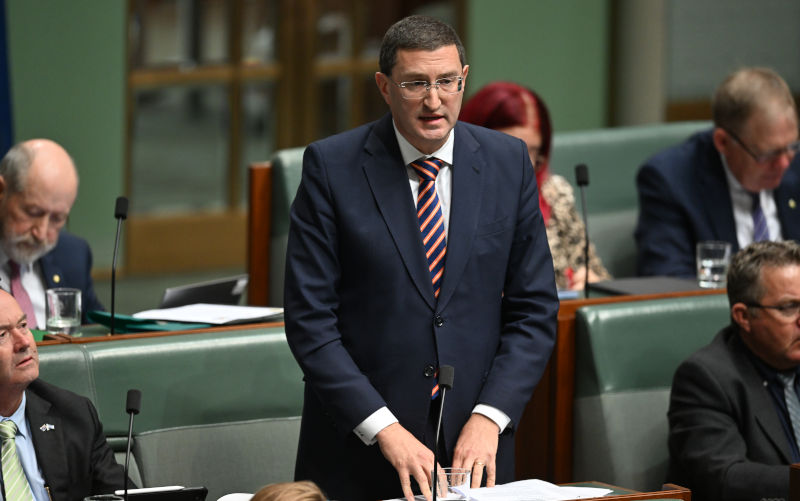
Public letter to my MP about Israel’s actions in Palestine
Dear Julian Leeser MP, I live in your electorate, Berowra. In this letter I respond to your statement in your newsletter: “These differences [between the major political parties] are most notable on Israel and Ukraine where we have failed to stand by our values and stand with our friends as previous governments both Labor and Liberal have done.” (more…)
-

Consumption is driving global greenhouse gas emissions
Patrick Mazza has offered a valuable analysis of China’s contribution to global greenhouse gas (GHG) emissions and what it is doing, and still needs to do to reduce them. However, like the vast majority of scenarios on mitigating GHG emissions, it doesn’t address the elephant in the room, the growing growth in consumption in China and in the whole planet. Economic growth is closely correlated with the growth in consumption of energy and emissions. (more…)
-

Sustainability scientists challenge the dominant economic system
It is a rare event when scientists directly challenge the theory, political power and cultural embeddedness of conventional economics. And yet such a challenge is needed because neoclassical economics theory and neoliberal economics practice together form one of the principal driving forces of environmental destruction and social injustice. (more…)
-
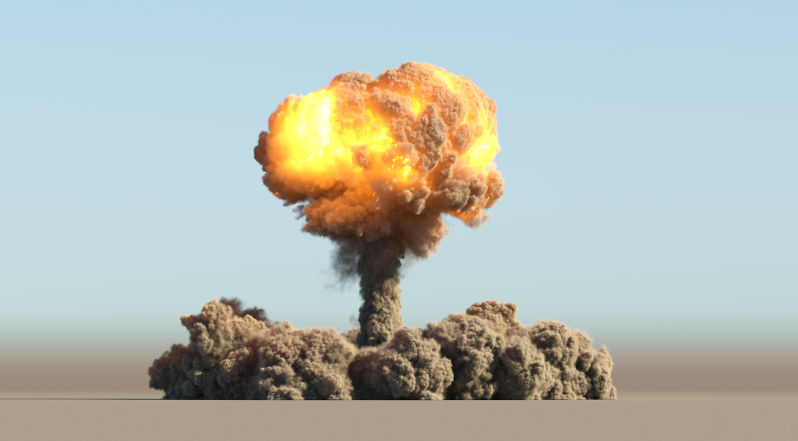
The intimate relationship between nuclear weapons and nuclear power
Nuclear power provides the nuclear explosives and a cloak for hiding the development of nuclear weapons. (more…)
-
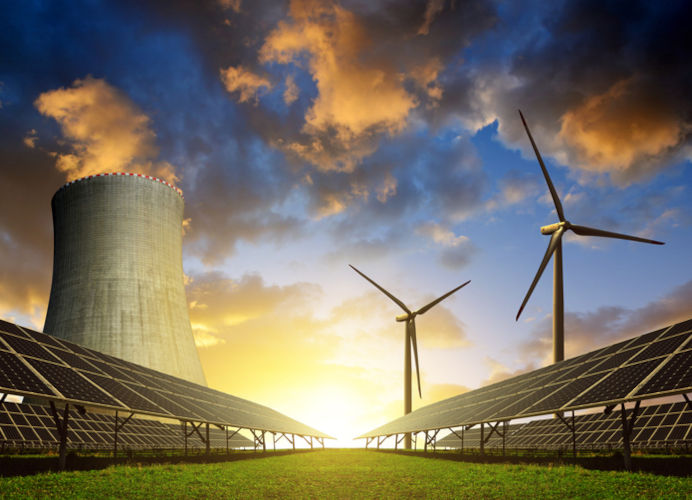
Refuting myths about nuclear and renewable energy
Nuclear energy proponents are attempting to discredit renewable energy and promote nuclear energy and fossil gas in its place. This article refutes several myths they are disseminating that are receiving little or no challenge in the mainstream media. (more…)
-
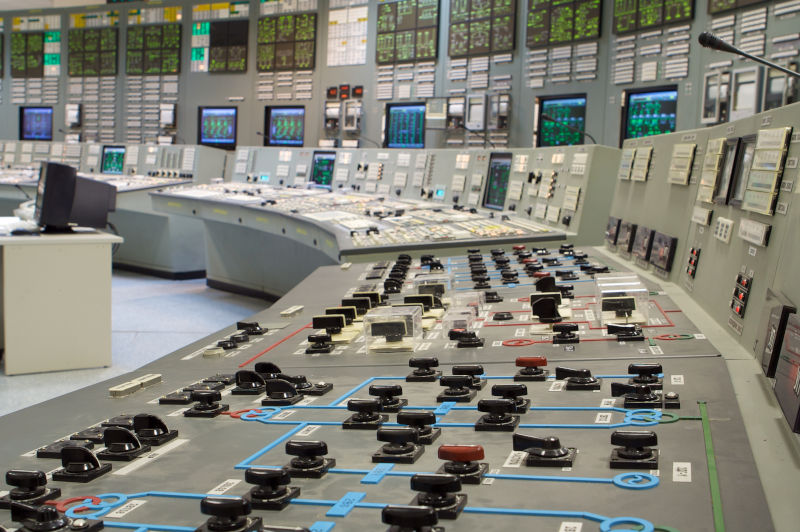
Coalition, pro-nuclear lobbyists, argue Australia needs nuclear energy; oppose renewables
Proponents for a nuclear energy industry in Australia increased their media activity following the announcement of the AUKUS agreement. Their campaign has been taken up by the Coalition. The international campaign reached a crescendo during the COP28 climate meeting. (more…)
-

Planned degrowth is needed to stop the collapse of civilisation
An opinion piece (‘Degrowth approach is disastrous’, Canberra Times, 9 September, p.38) by authors from the Centre for Independent Studies (CIS) attacked the concept of degrowth to a steady-state economy (SSE) and defended the notion of continuing economic growth on a finite planet. (more…)
-

Confronting state capture
A radical approach to building an ecologically sustainable and socially just society. (more…)
-

The transition to a steady-state economy: a reply to Michael Keating
Scientific research shows that the environmental impacts of human civilisation have exceeded several planetary boundaries. To avoid societal collapse and to assist the transition to an ecologically sustainable civilisation, we must transition to a steady-state economy. (more…)
-

Reduce consumption, or face reality of civilisational collapse
An important debate is developing in Pearls and Irritations on the need to reduce consumption. In his article “Labor’s Environmental Denialism”, Stephen Williams acknowledged several positive steps being taken by the Labor government to help protect the environment, and then argued that Labor was failing to address the fundamental drivers of environmental disaster, which he identified as growth in the economy and population. (more…)
-

What’s not to like about nuclear fusion?
Recently the mass media have bombarded us with hype about a ‘breakthrough’ in controlled nuclear fusion. (more…)
-
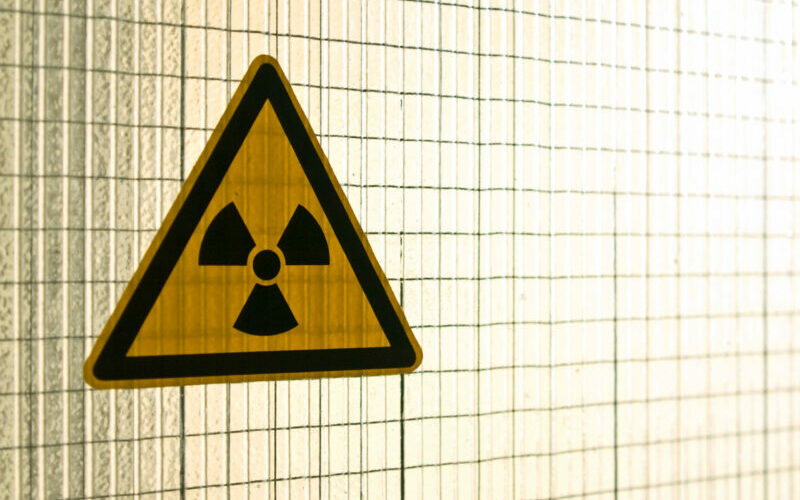
The nuclear industry’s updated songsheet remains outdated
The campaign for nuclear power stations in Australia defies the unstoppable rise of renewables and should be rejected by governments and the electorate — it’s a technology whose time has passed. (more…)
-
The politics of reaching net-zero
Rapid technological change is necessary but not sufficient to avoid dangerous climate change. Policies to encourage selective consumption and reduced total consumption are also needed.
-
Peter Garrett gives Labor a free pass on climate action
Peter Garrett’s essay in ‘Upturn: A better normal’, edited by Tanya Plibersek, rightly castigates the federal government’s continuing support for fossil fuels and its failure to implement effective climate mitigation policies. But he doesn’t address Labor’s reluctance to take the strong action demanded by climate science or identify the policies needed. (more…)
-
Economic Recovery from Covid-19 while mitigating Climate Change
Green growth, based on technological change, is necessary but not sufficient for effective, timely, climate mitigation. It must be supplemented by reducing the material consumption of the rich countries. (more…)
-
It’s time for a serious consideration of a job guarantee
The federal government could and should fund a job guarantee for all who want to work, paid at the minimum wage, to replace Jobkeeper and Jobseeker, with jobs created by all levels of government and community organisations. (more…)
-
A Government Program to lock-in Fossil Fuels
The federal government’s “Next Generation Energy Technologies Investment Package” is designed to lock-in fossil fuels. (more…)
-
The last chance to stabilise Earth’s climate
The aspirational Paris target of 1.5ºC maximum warming will be beyond our reach if the economy returns to pre-Covid ‘normal’. Technological solutions, although necessary, are not sufficient. (more…)
-
A Radical Thought: Implement the Steady-State Economy
The post-Covid recovery period may be a suitable time to consider how to transition to a steady-state economy with almost full employment.
-
MARK DIESENDORF. Lessons from Covid-19: Strategic Planning for Future Risks
A key lesson from Covid-19 is that markets cannot manage major risks and that strategic planning is necessary. (more…)
